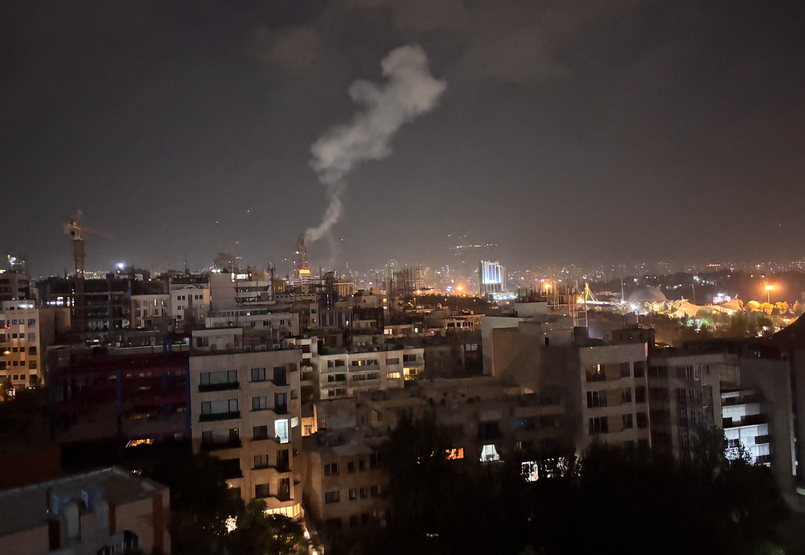Marijuana legalization - Behind the scenes
When the Hemp Seed Association began its civil obedience programme of self-denunciation last spring, participants said though they were protesting against a series of dubious disco raids, they did not hold the police responsible for an unjust and ineffective drugs law.
Change would need political will and parliamentary decisions, they might have said. Maybe so: but the police were so ill-prepared in their proceedings against the self-denuncers that it must be conceded: something is rotten in drugs policy.
Let us begin by pointing out that though around 60 activists and sympathisers denounced themselves to the police in 2005, proceedings have been started against only a handful of them. The first activists voluntarily gave confessions and volunteered urine samples. The guardians of order started criminal proceedings against them, but refused to investigate the activists who followed. They argued that a confession was not enough to start an investigation, and that the law only allowed urine samples to be analysed if criminal proceedings had already been started.
This is true, but what, then, was the legal basis for the disco raids? On what basis do the police arrest up to 100 young people in a disco, forcing them to provide urine samples, and then, if the sample tests positive, launching proceedings against them? And how is it that a confession is enough for the police to launch proceedings against one group of activists but not against another?
It is also hard to understand why the upholders of the law reacted to the self-denouncers as they did. The vice-president of the Hemp Seed Association went, accompanied by representatives of the whole of the Hungarian press and a large marijuana plant to the interrogation, and then left peacefully, the plant still under his arm. When one of the commercial TV stations asked about this, the police's communications officer said they had agreed with the public prosecutor that the individual had committed no crime. The criminal code states - some 2m viewers were told - "individuals who cultivates, produces, obtains or keeps small quantities of drugs for his or her own personal use cannot be convicted of drug abuse." This is indeed the case, but, just a few lines later - maybe the law enforcers forgot to turn the page - it is stated that this is only the case if the individual can prove that he has received drug treatment for at least six months.
The police woke up two days later and searched the activist's house. A police representative said an expert would be asked to determine if the quantity of drugs found (four marijuana plants) was large or small. Yet the law state explicitly that the upper limit for a "small quantity" is five plants. The expert must clearly have received training in counting to four.
These stumbles might even have been funny if certain conclusions could not be drawn from them. First, the disco raids cannot be a unique case - actions that are unworthy of a democratic police force must take place in other areas of law enforcement. For example, in most cases where police ask drivers or pedestrians for identification documents without naming at least one legal justification for doing so. Nowadays, this is rarely done: the police stop us simply because they are carrying out an ID check. It is most unlikely that the the checking could itself be its own justification. The same goes for cases where young people find themselves being unexpectedly stopped on the street. On most occasions, no legal reason is given. If the police are this clumsy with cases in the public eye, then what are they doing in private?
Balázs Dénes is the president of the Hungarian Civil Liberties Union.


















